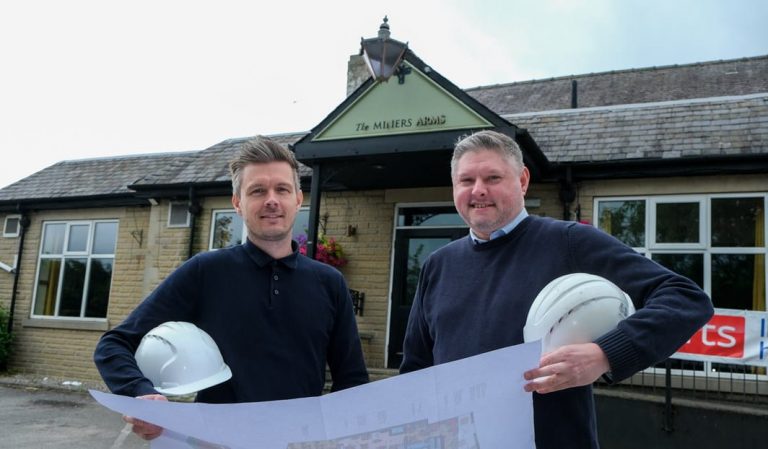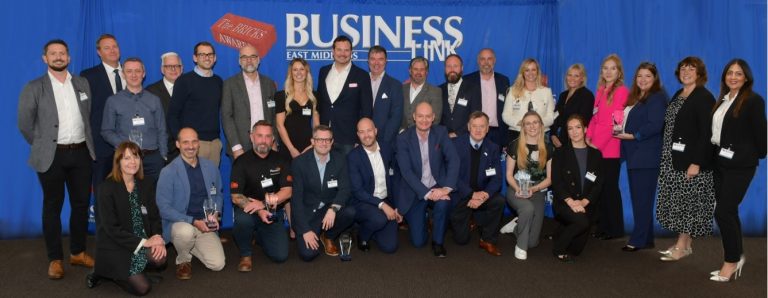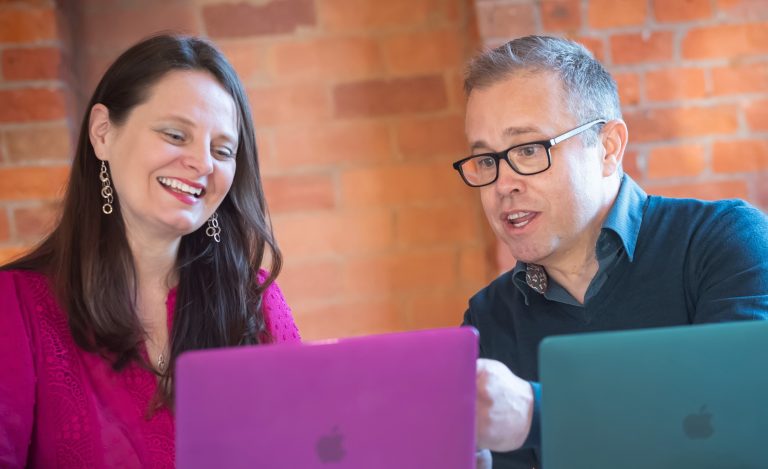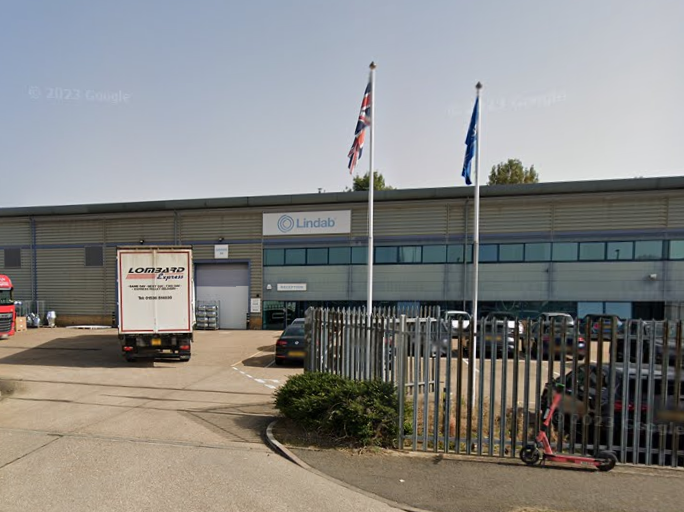New licensee leads £310,000 refurb of Dronfield Woodhouse pub
Nominate the region’s Most Active Estate Agents for the prestigious East Midlands Bricks Awards 2024
Submit your nominations for Most Active Estate Agent here before entries close on Thursday 5th September.
 Winners will be revealed at a glittering awards ceremony on Thursday 3rd October, at the Trent Bridge Cricket Ground (4:30pm – 7:30pm) – an evening also offering an opportunity to establish new connections with property and construction professionals from across the region, and hear from keynote speaker Paul Southby.
Other award categories open for entry include: Commercial Development of the Year, Contractor of the Year, Responsible Business of the Year, Residential Development of the Year, Developer of the Year, Deal of the Year, Architects of the Year, Excellence in Design, and Sustainable Development of the Year. All entry forms can be accessed here.
The Overall Winner award will also be presented at the event. This award cannot be entered, with the winner selected from those nominated for the event’s other awards. The Overall Winner of the East Midlands Bricks Awards 2024 will also receive a year of marketing/publicity worth £20,000.
Winners will be revealed at a glittering awards ceremony on Thursday 3rd October, at the Trent Bridge Cricket Ground (4:30pm – 7:30pm) – an evening also offering an opportunity to establish new connections with property and construction professionals from across the region, and hear from keynote speaker Paul Southby.
Other award categories open for entry include: Commercial Development of the Year, Contractor of the Year, Responsible Business of the Year, Residential Development of the Year, Developer of the Year, Deal of the Year, Architects of the Year, Excellence in Design, and Sustainable Development of the Year. All entry forms can be accessed here.
The Overall Winner award will also be presented at the event. This award cannot be entered, with the winner selected from those nominated for the event’s other awards. The Overall Winner of the East Midlands Bricks Awards 2024 will also receive a year of marketing/publicity worth £20,000.
Book your tickets now
Tickets can now be booked for the East Midlands Bricks Awards 2024 – click here to secure yours. The special awards evening and networking event will be held on Thursday 3rd October 2024 in the Derek Randall Suite at the Trent Bridge Cricket Ground from 4:30pm – 7:30pm.










To be held at:

MTMS hits the gold standard as it goes beyond the call of duty to support the UK’s armed forces
Business wins food waste recycling tender with Lincolnshire County Council
Chesterfield asbestos expert to deliver lecture in Colombia
Severn Trent says its waste message is getting through and preventing blockages
University of Leicester uses AI to boost hospitals’ staff retention
Leadership podcast attracts names with lots to offer
Dalton Roofing builds string of successes
Competition and Markets Authority highlights competition concerns in ventilation company deal
A Phase 2 review by the Competition and Markets Authority (CMA) has provisionally found competition concerns in ventilation company Lindab’s purchase of HAS-Vent, in the local areas around Nottingham and Stoke-on-Trent.
“Our findings are provisional, and we now welcome responses on our preliminary conclusions and the potential remedies in this case.”
The CMA is welcoming responses to its provisional findings from those interested in the deal by Thursday 12 September. These will be considered by the inquiry group prior to issuing its final report, which is due by Thursday 17 October.











